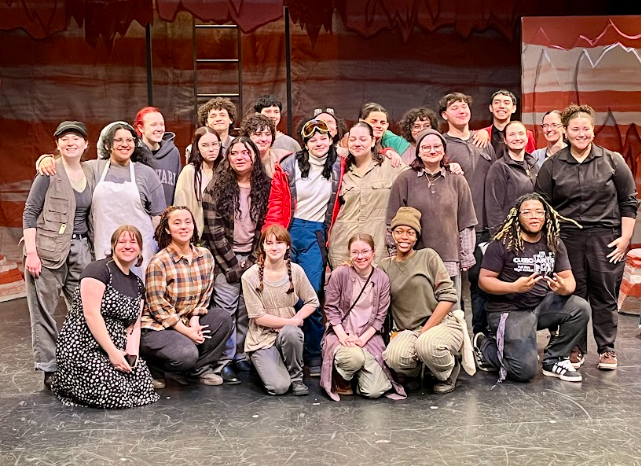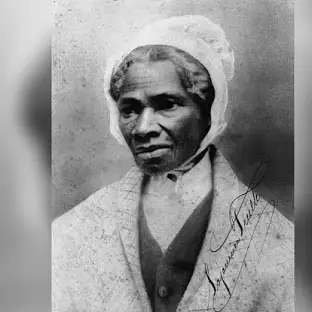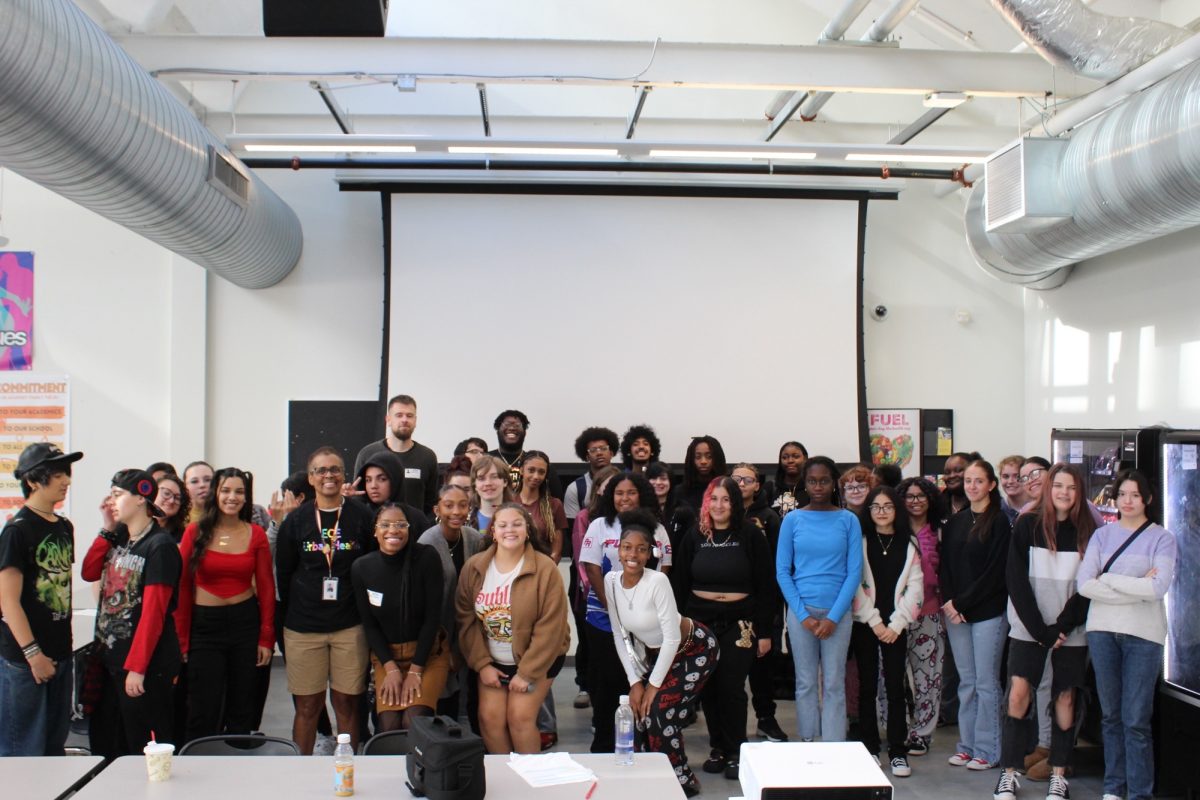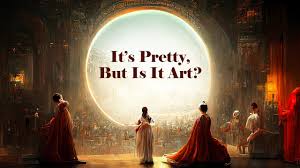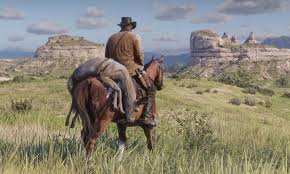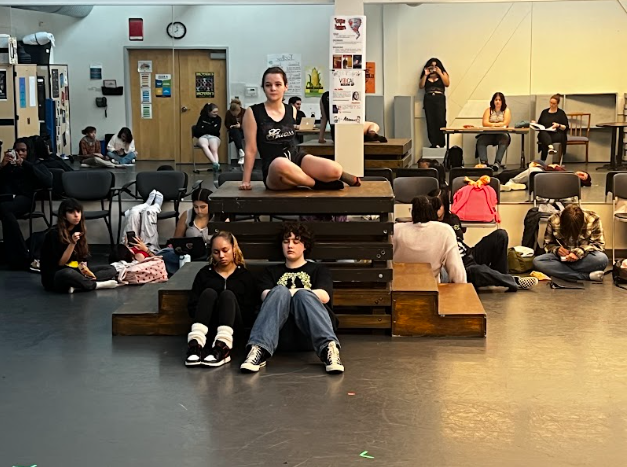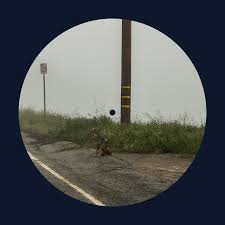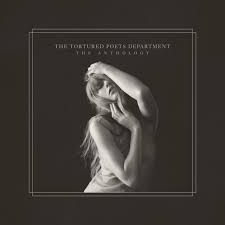Andrew Hozier Byrne, better known as musician Hozier, is loved by activists and lovers alike. Some of fans’ favorite things about his songs are their revolutionary themes and unconventional use of the female gaze. This influence especially appeals to queer women. Ranging from indie to rock, his love songs feature unique traits: orchestral accompaniment, historical and religious references, and use of the Irish language. Unreal Unearth takes a different approach than his previous two albums: the songs share themes of the underworld, each song looking at this topic through the metaphor of a different well-known story.
Hozier’s newest album begins gently with the first half of a two-part song: “De Selby.” He uses many allusions to mythology, religion, and literature throughout this album, starting off strong with the reference to Flann O’Brien’s character. A philosopher and scientist from the novel The Third Policeman, De Selby created many theories that Hozier references with his artful lyrics. The lullaby goes to rest with the last verse sung in the artist’s native Irish; even in this sensitive state, he continues to build upon the theories of De Selby, using a translation of the word “entangled” to describe the philosophical themes of Conservation of Mass. The inclusion of Irish creates vulnerability. The allusions aren’t important just because they’re allusions;, the theories Hozier references state his beliefs about humanity while he supports them with his actions. The beat crescendos from sleepy and comforting to a strong, ticking metronome, smoothly transitioning into the second part of the song; while still utilizing The Third Policeman allusions, the theme shifts from religion to love, the style shifts from soothing to upbeat, and the tone of the singer shifts from insecure to confident. Circling back to the comfort of nothingness, one of the last lines, “Before the dawn has come, I’d block the sun” (Hozier 3:35), reminds us of the opening of Part 1, “At last, when all of the world is asleep / You take in the blackness of air / The likes of a darkness so deep” (Hozier 0:41). Despite all the differences between the two songs, the first and last lines remind us that they’re but two parts of the same whole.
The songs “Francesca” and “I, Carrion (Icarian)” both employ iconic elements from Greek mythology, along with references to the river Lethe in “First Time” and the goddess of night in the interlude “Son of Nyx.” The reliance on Greek mythology shows growth on Hozier’s part, as he preferred to use Christian imagery in his previous songs: “Take Me To Church” and “From Eden” are just two well-known examples.
“I, Carrion (Icarian)” melodically intertwines the story of Icarus with the story of a romance. Using his trademark wordplay, Hozier creates a beautiful yet painful mood that makes the song ever so powerful. Using the homophones carrion, Icarian, and carrying, he tells the story of loss and consequences; yet, they don’t seem as tragic when put into the context of love. Carrion is the word for a rotting corpse. While comparing himself to roadkill, he creates a beautiful picture of Icarus’ story. This is just one instance of the unconventionality that makes this album so special. Hozier begins the song with a ghostly voice, chilling the listener so asas to not to forgetnot forget the true end of the myth. He brings us back to Icarus again and again. Although we know the singer’s fate, the transformation of the gruesome line “Allow the ground to find its brutal way to me” (Hozier 0:06) into “If anything could fall at all, it’s the world / That falls away from me” (Hozier 1:00) lulls us into a false sense of security. This imagery suggests that our character is succeeding at flight. Not only can we imagine this character literally flying, but also feeling weightless as they’re caught up in their love. The ground and the world being the subjects of these lines as opposed to the speaker add to this light, floating sensation. Hozier uses this metaphor to build a deeper meaning to the song, bringing a new perspective to this classic story.
This long-awaited album shares Hozier’s unique perspective on myths, classics, and love. Five years since his last album was released, Unreal Unearth was preceded by many bold social media posts, from political ones to the infamous handsome squidward post. Fans got to know Hozier. Artists nowadays are hounded by their fans and pressured by the industry to keep making music with no regard for the artistic process. Hozier’s delicate care shaped this album into something beautiful and thoughtful; it truly is one of my favorites.
I would give this album a 9.9 out of 10; there’s always room for improvement. As a long-time Hozier fan, I really enjoyed seeing how his music has evolved since his other works, and I look forward to seeing what he’ll do next.
Categories:
Album Review: Unreal, Unearth
Moon’s review of Hozier’s newest album

0
Donate to Oh My GHAA!
$50
$450
Contributed
Our Goal
Your donation will support the student journalists of Greater Hartford Academy of the Arts Full Day. Your contribution will allow us to purchase equipment and cover our annual website hosting costs.
More to Discover
About the Contributor
Moon Wilensky, Public Relations
Hi everyone! I’m a senior at GHAA. Attending this school since 6th grade means I know every teacher that’s ever been, every tragedy this school has had the misfortune of knowing, and more than the teachers. I’m Adela’s arch nemesis (in the quest to be valedictorian (even though we don’t do that at GHAA)). I’m now breaking into her house and stealing her school newspaper. The unofficial sub of all my classes, I’m happy to look over your essay, re-teach you freshman year math, or clap that difficult rhythm in your sheet music for you. If you’ll allow me to unroll my scroll of hobbies: playing violin, knitting, crocheting, drawing, writing, cooking, sewing, listening to music. Blah blah blah. I will be bringing a tiktok-making attitude to this newspaper in a way you will hate, but be addicted to. One hour a day limit, you guys.
